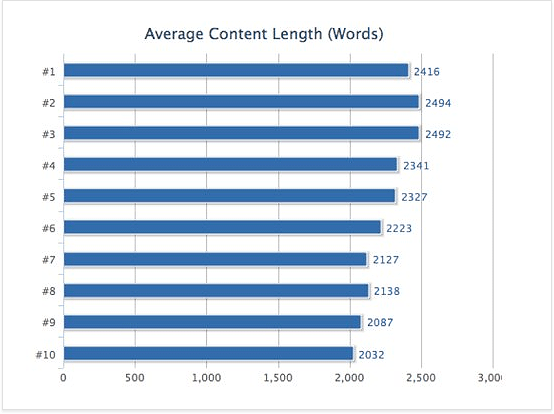
SEO Updates & Practices. Content Remains King
The ever evolving Google ranking algorithm continues. We’re hearing more and more evidence that supports our long held view regarding about site quality – and not just in terms of content and links. But what are the main features of a high quality site, according to Google?
Google divides the content of every webpage into main and supplementary content (and, optionally, ads), main content being the part of the page that “helps it achieve its purpose”.
In their guidelines, Google is telling raters what most of us already know. Content is king:
“For all types of webpages, creating high quality MC [main content] takes a significant amount of at least one of the following: time, effort, expertise, and talent/skill.”
According to Google, the way content is placed on a page is also important. The following characteristics are typical of functionally designed pages:
» The main content should be prominently displayed “front and center.”
» The main content should be immediately visible when a user opens the page.
» The design, organization, use of space, choice of font, font size, background, etc., should make the main content very clear.
And it’s not just the quality and placement of the page’s content that matters; its amount also plays a part. And while there’s no universal, one-size-fits-all content length, Google encourages raters to use their judgement to determine whether the content length on a given page is right for the query in question and the purpose of the page.
But let’s dive a little beyond the guidelines. No magic formula on word count would put your site to Google’s top, but… here’s some interesting data form serpIQ’s study of the correlation of content length with Google rankings (the experiment involved analyzing the top 10 search results for over 20,000 queries).
You can see that on average, Google’s top ranking pages have at least 2,000 words of content. And yet… If you run a few experiments yourself, the high and low points of the demonstrated averages will turn out to be incredibly far apart. If we take quick informational queries (like, say, ‘retention definition’) and broader ones (‘what’s the ideal length of a blog post’) where the searcher, perhaps, is looking for an in-depth article, we’ll end up with very different word count averages within the top 10 listings. 846 and 5030 respectively, to be exact.







